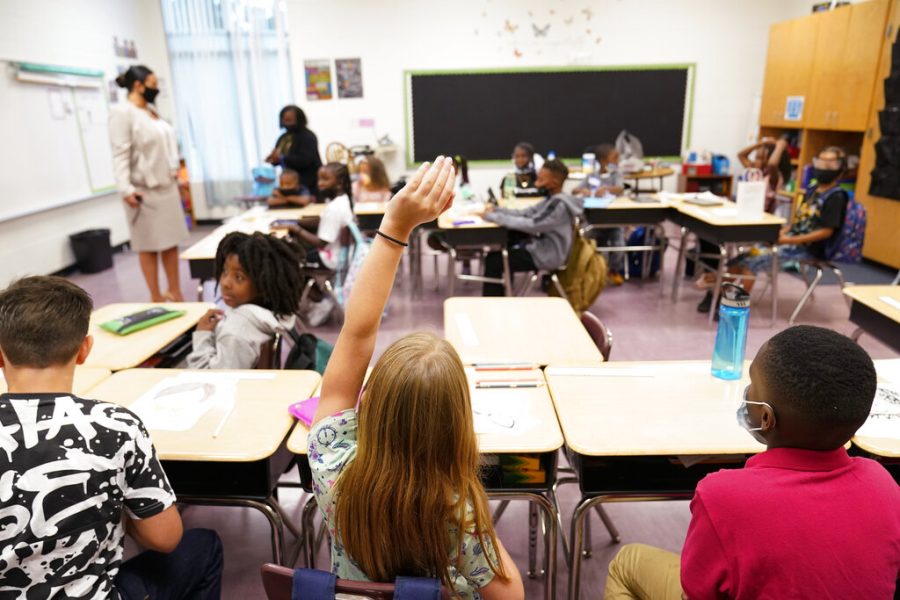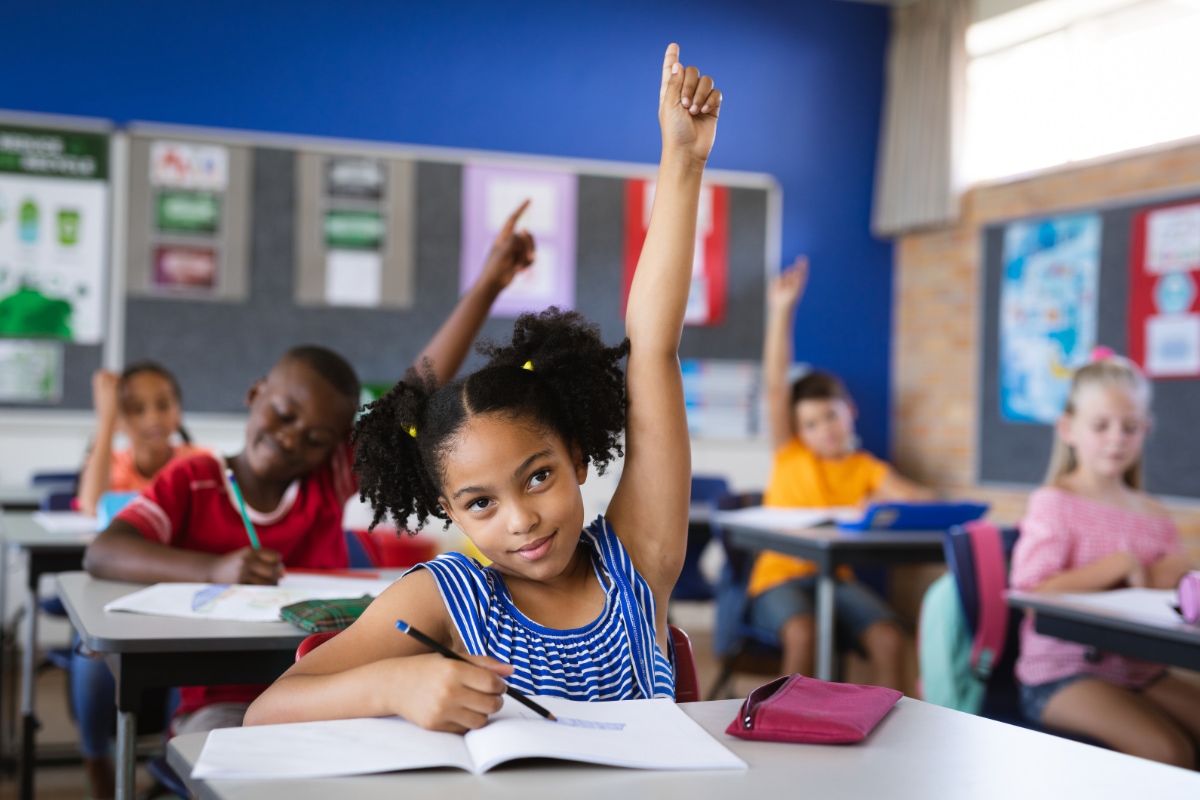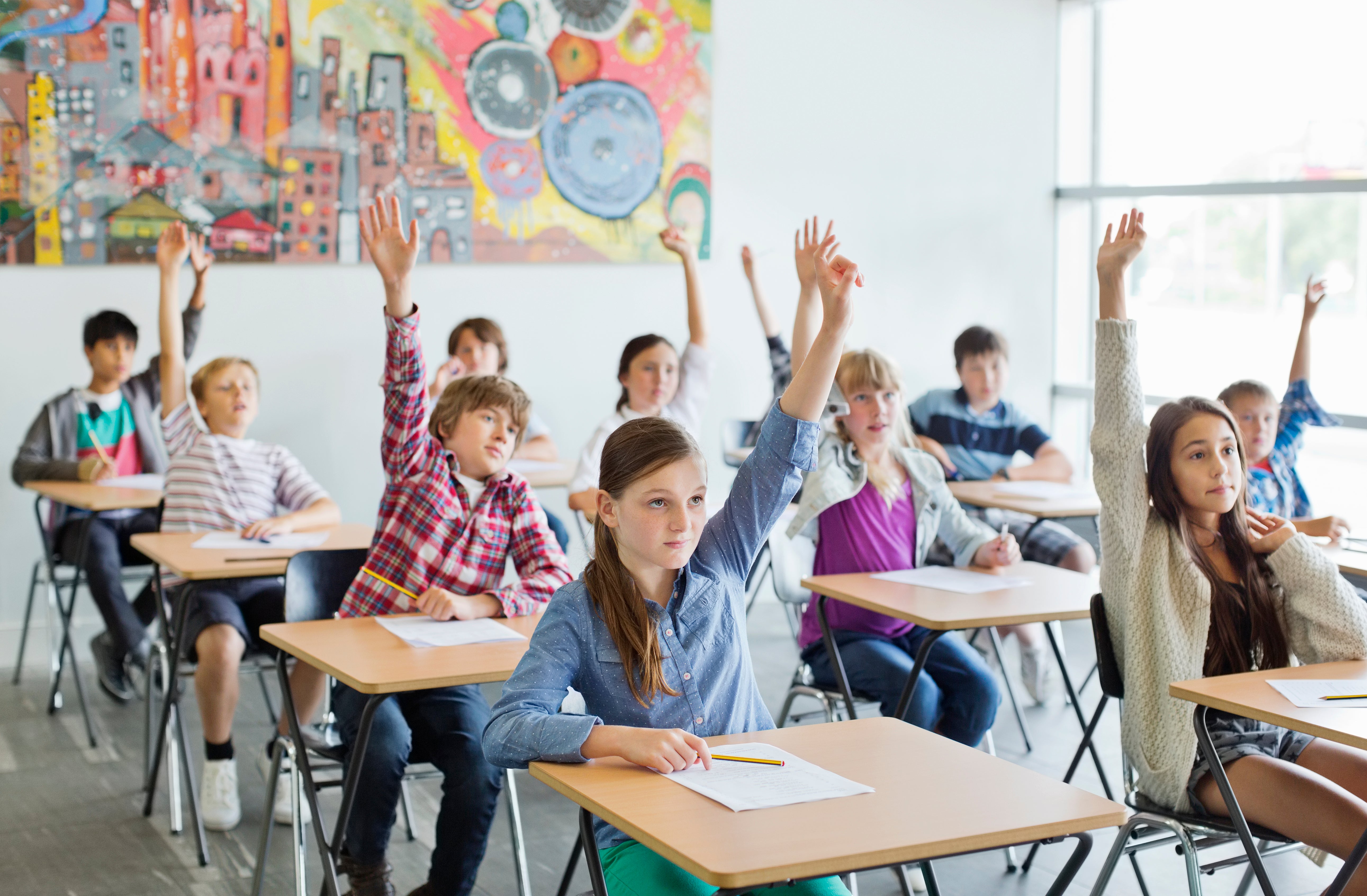Recognizing the Relevance of Institutions in Child Advancement and Neighborhood Development
Schools serve as critical institutions for youngster development and neighborhood growth, giving environments where scholastic success are enhanced by the cultivation of social skills and exposure to diverse point of views. These instructional setups not just advertise crucial reasoning and reliable interaction but additionally foster empathy via collaborative tasks. In addition, schools' interaction with neighborhood neighborhoods through service-learning efforts enhances the bond in between households and schools. This cooperative partnership highlights the importance of schools in nurturing active citizenship and long-lasting learning habits. What are the details devices by which these institutions attain such extensive effects?
Academic Accomplishment
Academic success functions as a keystone of youngster growth, offering the structure whereupon future knowing and success are built. Colleges play an essential function in cultivating this scholastic growth, offering organized settings where kids can acquire vital understanding and cognitive skills. Standard curricula make sure that pupils gain efficiency in core subjects such as maths, science, and language arts, which are vital for both higher education and learning and specialist opportunities.
Along with passing on basic scholastic skills, colleges likewise cultivate critical thinking, problem-solving capabilities, and intellectual inquisitiveness. These cognitive proficiencies are important for navigating intricate real-world circumstances and adjusting to the ever-evolving demands of the contemporary office. Teachers, as facilitators of knowing, utilize varied instructional techniques to accommodate diverse learning designs, thereby making best use of individual trainee possibility.
Moreover, scholastic success is closely linked to self-confidence and motivation. Kids who experience academic achievements are more probable to create a positive self-concept and a long-lasting interest for knowing. Institutions also offer various resources, such as collections and modern technology, which better enhance the educational experience and prepare students for a technically sophisticated society.
Social Skill Growth
Beyond scholastic success, the role of schools in social ability growth is important. Schools act as a primary venue for children to discover and exercise vital social skills such as interaction, teamwork, and dispute resolution. In the structured environment of a classroom, students engage with peers, instructors, and other school personnel, supplying countless chances to establish these critical capabilities.
Effective social ability advancement in colleges is promoted with team activities, joint jobs, and extracurricular programs. These interactions help trainees understand social standards, develop empathy, and cultivate a sense of community. For example, team jobs show students just how to work with each other towards an usual objective, pay attention to different point of views, and navigate differences constructively.

The cultivation of social skills throughout academic year lays a structure for future personal and specialist connections. Save Temecula Schools. As students develop, the capacity to properly communicate and team up comes to be increasingly essential, underscoring the college's vital role in holistic kid development
Direct Exposure to Variety
Exposure to variety in institutions is essential to fostering an inclusive attitude and widening students' perspectives. Schools work as a microcosm of the broader society, and experiencing varied societies, languages, and socioeconomic histories within this atmosphere furnishes pupils with necessary abilities for browsing a significantly globalized world. This direct exposure urges empathy, decreases prejudices, and advertises shared regard among peers.
Study indicates that students who engage with peers from diverse histories show much better analytical abilities and creative thinking. This understanding of diversity prepares pupils for future work environments that value multicultural proficiency - Save Temecula Schools.

Neighborhood Involvement
The benefits of varied class expand past the school wall surfaces, cultivating a click to read more solid sense of community interaction amongst pupils. By interacting with peers from various cultural, socioeconomic, and ethnic histories, students acquire a wider viewpoint and a recognition for variety. This direct exposure encourages them to come to be active citizens who want to contribute favorably to their areas.
Institutions that stress community involvement commonly incorporate service-learning jobs, which permit trainees to attend to real-world troubles while applying scholastic abilities. These projects not only enhance trainees' understanding of their coursework however also infuse a sense of responsibility and compassion. Moreover, collaborations between schools and local companies provide pupils with opportunities to participate in area occasions, even more solidifying their role as aggressive community members.
Furthermore, adult and community involvement in schools strengthens the bond in between instructional institutions and the neighborhoods they offer. Via these initiatives, colleges play a pivotal role in nurturing area engagement and promoting societal development.
Lifelong Learning Behaviors
Creating lifelong knowing practices is necessary for a child's constant development and versatility in an ever-changing globe. Colleges play a crucial function in instilling these routines by producing a setting that cultivates interest, crucial thinking, and a love for knowledge. Through diverse educational programs and extracurricular activities, instructors motivate trainees to explore various subjects, analyze details seriously, and use their finding out to real-world scenarios.

Additionally, colleges offer an organized setting where children can establish self-control and time monitoring skills, both helpful resources of which are vital for continual knowing. By highlighting the relevance of establishing goals, assessing development, and adjusting approaches, schools prepare pupils to browse the intricacies of adult life, ensuring they remain lifelong students and factors to culture.
Conclusion
In verdict, institutions are important in fostering youngster development and area development by offering environments helpful to academic achievement, social ability advancement, and exposure to variety. Eventually, institutions cultivate long-lasting knowing habits, outfitting individuals with the required expertise and abilities to contribute favorably to society.
In the structured setting of a classroom, pupils communicate with peers, educators, and various other school personnel, offering many possibilities to develop these crucial abilities.
In essence, direct exposure to diversity within schools not just improves private students however additionally strengthens the social material of the area as a whole.
The benefits of varied classrooms prolong past the college walls, fostering a solid sense of neighborhood interaction amongst pupils.Schools that emphasize area engagement typically integrate service-learning tasks, which permit students to attend to real-world problems while applying academic skills. Partnerships between schools and neighborhood companies provide students with opportunities to participate in neighborhood occasions, further solidifying their role as positive neighborhood members.